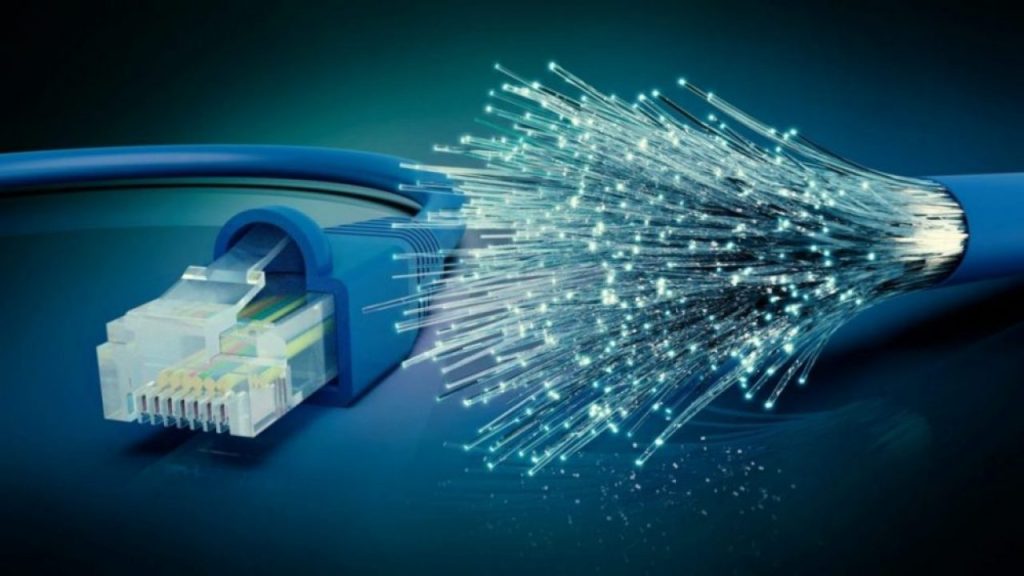Why is it Important to Test Data Cabling
The Importance of Data Cabling Testing
Data cabling is one of the most crucial elements of modern business, so keeping it in good working order is paramount. If a fault occurs withing your data cable infrastructure, it’s likely your productivity is going to suffer. The business world, after all, relies on data cabling to communicate with customers, colleagues and suppliers. Therefore, you need to make sure you integrate a cable testing schedule into your organisation.

How is Data Cabling Tested?
Data cabling, or structured network cabling London as it’s better known when used within IT infrastructures, needs to go through a series of tests to be evaluated. These tests involve assessing the existing infrastructure and attempting to identify if any faults or damage are present. However, it’s important to go much deeper than purely focussing on physical damage. A good data cabling testing regime will also assess the quality of the structured cabling’s installation.
Structured cabling can quickly become a complicated system, so it’s here that you need to start paying attention to its installation. Patches and port cables, for example, need to be clearly labelled and connected correctly to facilitate a healthy infrastructure. On top of this, the electrical nature of data cabling means that safety is a vital area to monitor. Accordingly, structured cabling systems need to be deemed safe and adhere to all necessary regulations.
What Type of Cabling Tests Are There?
In order to carry out data cabling testing correctly, it’s important that a cable certification tester is used. These machines are expensive, but they provide highly detailed and sophisticated tests to determine the performance of your structured cabling. To run these tests, a data cable link must be connected to the cable certification tester to analyse the cable’s performance. Some of the tests which are carried out include:
Wiremap: this test ensures that the cabling is free from shorts and that the eight cores are correctly wired.
Return loss: it’s important to determine if there’s any power loss in the signal transmitted down structured cabling, so the return loss test is used to identify the presence of this.
NEXT: interference can seriously impact the quality of your data transmissions, and minimising this interference is essential. Therefore, the NEXT test is useful for identifying any interference emanating from the transmitted signal.
Length: all data cables have a limit to the length over which data can be transmitted efficiently. Accordingly, measuring the length of your data cables is a simple test to pinpoint any performance issues e.g. cables which run over 100m.
Who Can Test Structured Cabling?
It’s important to work with network cable technicians when it comes to testing your structured IT cabling London. These professionals are trained to install, test and certify cable infrastructures to both national and international standards. Given their expertise, network cable technicians can carry out data cabling tests with high levels of precision.
Additionally, comprehensive cabling test results can be generated by the cable certification testers that these technicians use. This provides your organisation with accredited evidence that your cabling infrastructure meets all the necessary quality and safety levels.
Original Source: Why is it Important to Test Data Cabling


Comments
Post a Comment